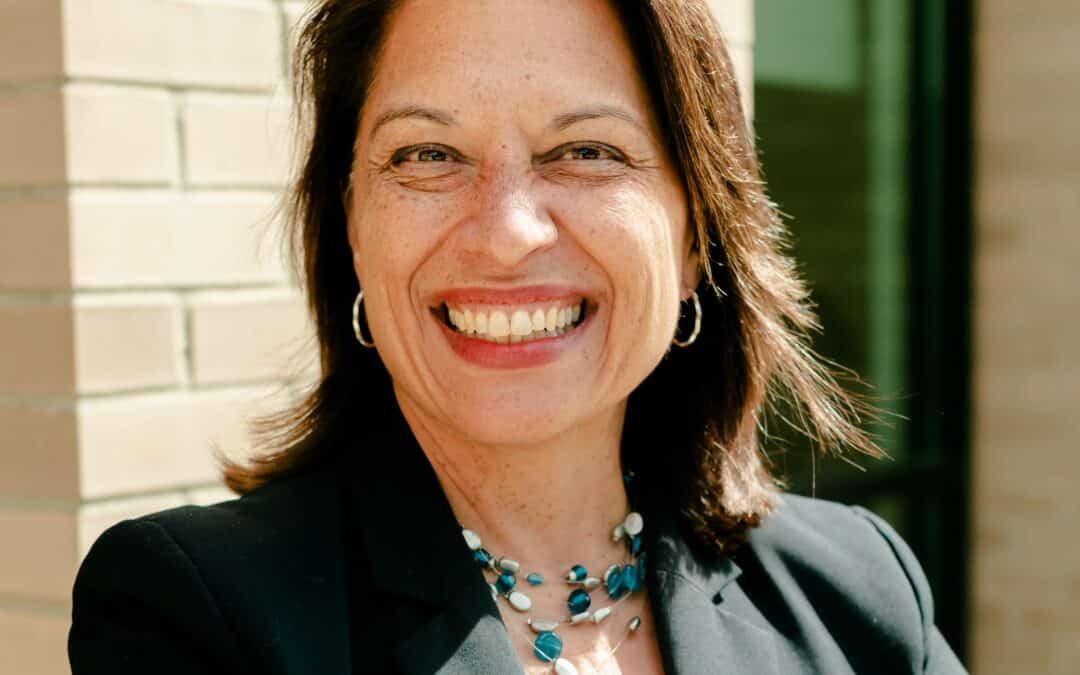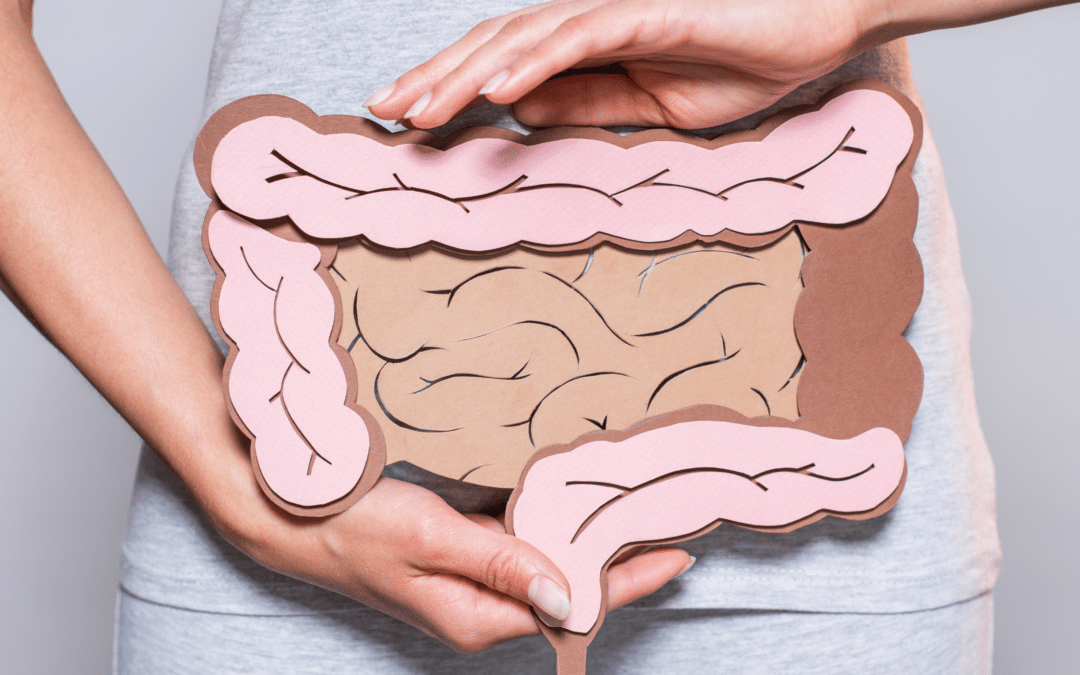Supporting Black Men’s Mental Health
Too often shrouded in mystery, stigma, and shame, mental health (and mental illness) does not get the attention it deserves. But mental health affects your job, physical health, relationships, will to live—in short, everything.
February is Black History Month. It’s a time to celebrate Black excellence, to address areas where systemic racism persists, and to highlight organizations and individuals working to end racism. It’s also a month to celebrate the triumphs and achievements of Americans of African or Caribbean descent.
This month, we are focusing on the health needs of Black people and creating awareness about Black people’s mental health needs, with a particular focus on Black men.
In America, Black adults are more likely to experience feelings of worthlessness and despair than adult white folks. 16 in 100 Black people in America reported having a mental illness, and the rates have been rising for more than a decade. One study found that the rate of suicide attempts among Black males was higher than among other races. And, even more disturbing, suicide attempt rates among Black children (below age 13) have also been increasing.. Moreover, Black American men were four times more likely to die by suicide than Black American Women.
Unfortunately, Black people are also less likely to seek help for mental health issues; Black men are especially unlikely to seek care because of Black masculinity norms and real or perceived social threats. Here’s more about Black men’s mental health and how to help make a difference.
Persistent issues in Black mental health care
Despite their difficulties, Black Americans have about the same or lower rates of mental illness as other races. But they have a harder time getting care and treatment.
Common causes of reduced access to evaluation and treatment include:.
- Lack of health insurance: Over 1 in 10 Black American people lack health insurance. Without health insurance, seeking care can be too expensive and inconvenient.
- Cultural competence concerns: Fewer than 5 in 100 American psychologists identify as African American. Since people often feel more comfortable identifying with providers who “look like them”, this can make it harder for Black people to feel safe, seen, and heard when they have mental health concerns.
- Stigma: Studies show that Black men are more likely to be concerned about stigma surrounding mental health issues. One study found that almost two-thirds of Black respondents considered mental illness to be a personal failure. Attitudes like this can negatively influence their help-seeking behavior or willingness to be treated.
- Lack of access: Adult Black people with serious mental illness are about two times less likely to receive treatment or medication for their conditions. More than half of those who need treatment for mental illness do not receive it. And, studies show that90% of Black people with a substance use disorder did not receive treatment either.
Addressing Black men’s mental health needs
Despite the barriers and challenges to mental health care access, you can take steps to get better care. Here are some thoughts to consider.
- Mental health is health: Just like it’s not your fault when your body goes out of control due to infection, bumps and bruises, sometimes your mind can also need help. Mental illness is not your fault.
- There’s no shame in seeking help: Instead of allowing a mental illness to damage your career, relationships, family, and future, it’s better to seek help.
- Mental health treatment isn’t for crazy people: Everyone can use some extra support at one time or the other. You should speak to a professional in a safe, confidential environment if you need to.
- Mental health care is confidential: It’s a secret between you and your care team. You can trust that your information will be protected. You don’t need to worry about it being shared.
- You can choose the professionals you see: If you don’t feel safe or satisfied with your mental health professional, you can .switch providers.
- Self-care is a smart choice: Choosing healthy behaviors like regular exercise, healthy meals, adequate sleep, quitting smoking and substance use, and forming supportive relationships are all steps in the right direction. Sometimes mental health issues can be triggered by unhealthy behavior.
Use available resources: There are several resources designed to help protect Black mental health. Look through them and try the ones that appeal to you. Remember, mental health is an ongoing process. Black men’s mental health needs to be supported and protected. It’s best to seek care early before any permanent mistakes or complications occur. While Black men face significant health access barriers, they should be supported to get care. Together, we can support Black men to live happy, healthy lives for themselves, their families, and the whole community.
References
- MHA. Black and African American communities and mental health
- OMH. Mental and behavioral health – Black Americans
- Powell W, Adams LB, Cole-Lewis Y, Agyemang A, Upton RD. Masculinity and Race-Related Factors as Barriers to Health Help-Seeking Among African American Men. Behav Med. 2016;42(3):150-163. doi:10.1080/08964289.2016.1165174
- ASPE. Health Insurance Coverage and Access to Care Among Black Americans: Recent Trends and Key Challenges
- Ward, Earlise C.; Wiltshire, Jacqueline C.; Detry, Michelle A.; Brown, Roger L.. African American Men and Women’s Attitude Toward Mental Illness, Perceptions of Stigma, and Preferred Coping Behaviors. Nursing Research 62(3):p 185-194, May/June 2013. | DOI: 10.1097/NNR.0b013e31827bf533
- CDC. NHIS Tables of summary statistics







